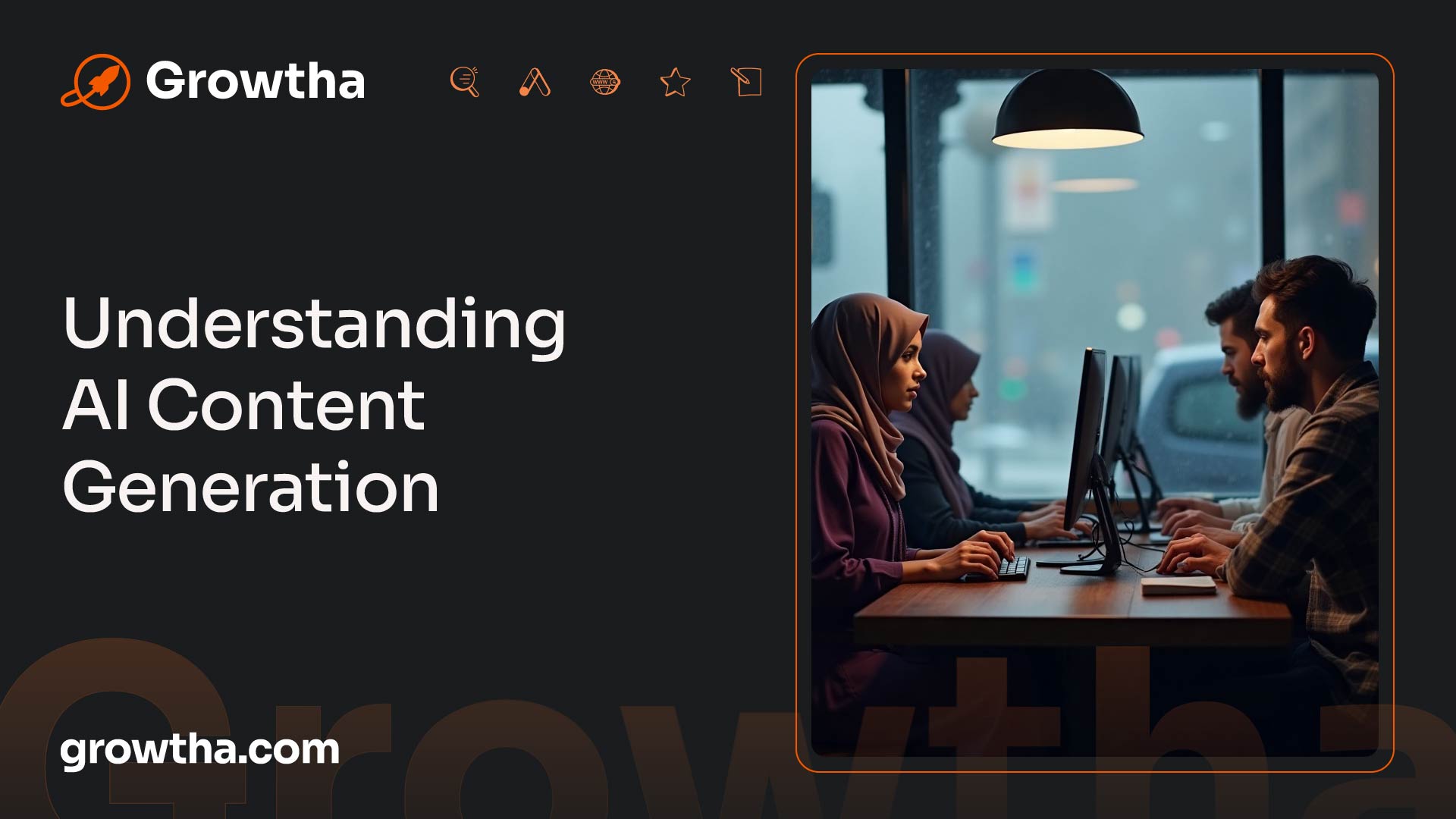
AI content generation has emerged as a powerful tool in the world of content creation, offering numerous benefits to businesses and content creators. By leveraging artificial intelligence technology, AI content generators are capable of producing high-quality and engaging content in a fraction of the time it would take a human writer.
AI content generation involves the use of advanced algorithms and natural language processing to automate the process of creating written content. These AI tools analyze vast amounts of data, identify patterns, and generate human-like text that is coherent and relevant to the given topic.
One of the key advantages of AI content generation is its ability to speed up the writing process. AI tools can produce an article in minutes, compared to the longer time it would take a human writer to research and write it [1]. This increased efficiency and productivity enable businesses to generate a substantial volume of content in a short period, saving time and boosting overall productivity.
Furthermore, AI content generators can help overcome writer's block by providing detailed outlines and key points to assist writers in determining what to include in an article. These suggestions from AI tools can help users overcome writer's block and spark ideas needed to get started on content creation.
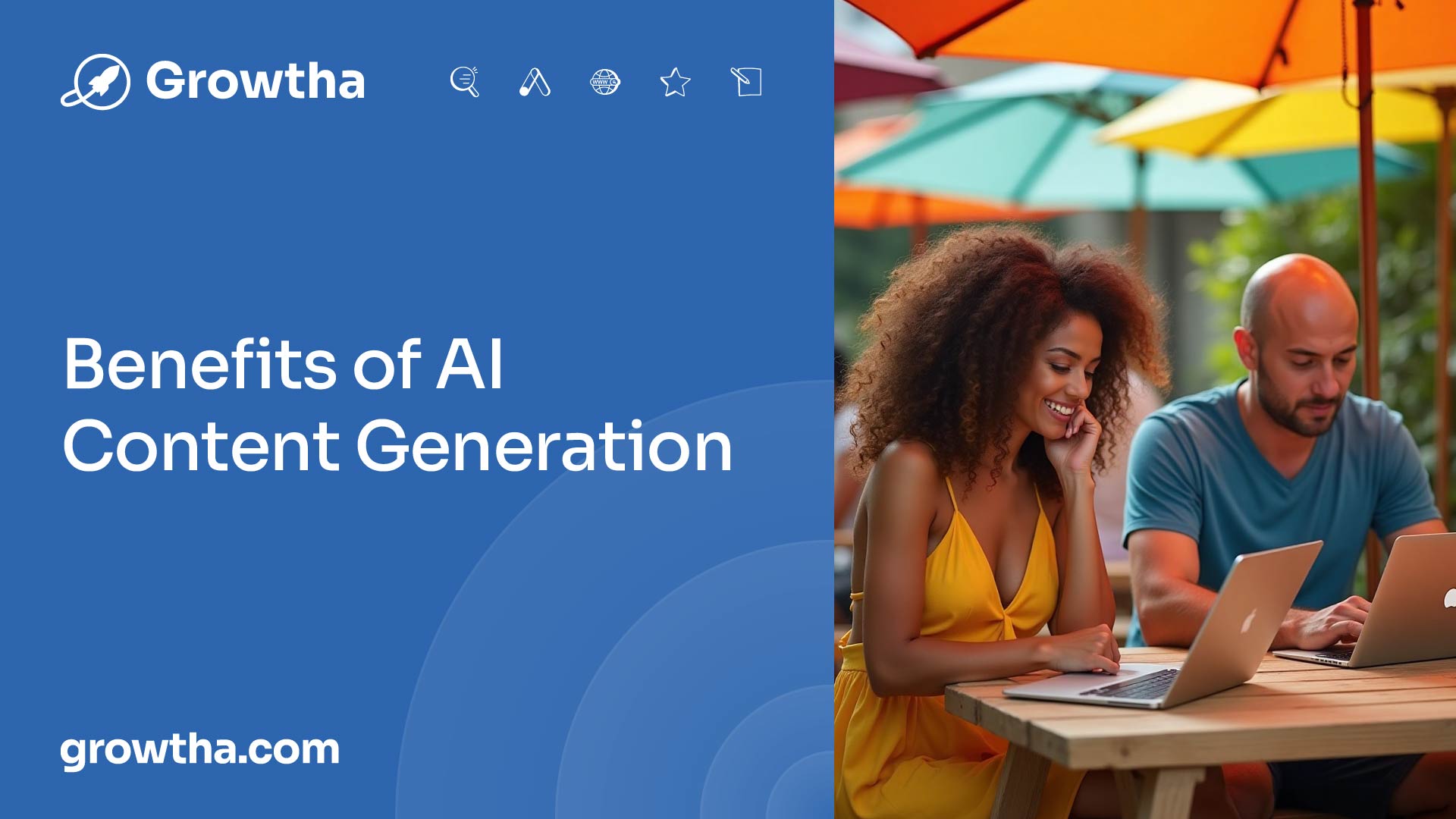
There are several benefits associated with using AI content generators:
By harnessing the power of AI content generation, businesses and content creators can streamline their content creation process, save time and resources, and deliver high-quality, engaging content that resonates with their target audience. However, it's important to weigh the benefits against potential risks and ensure a balance between AI-generated and human-created content.
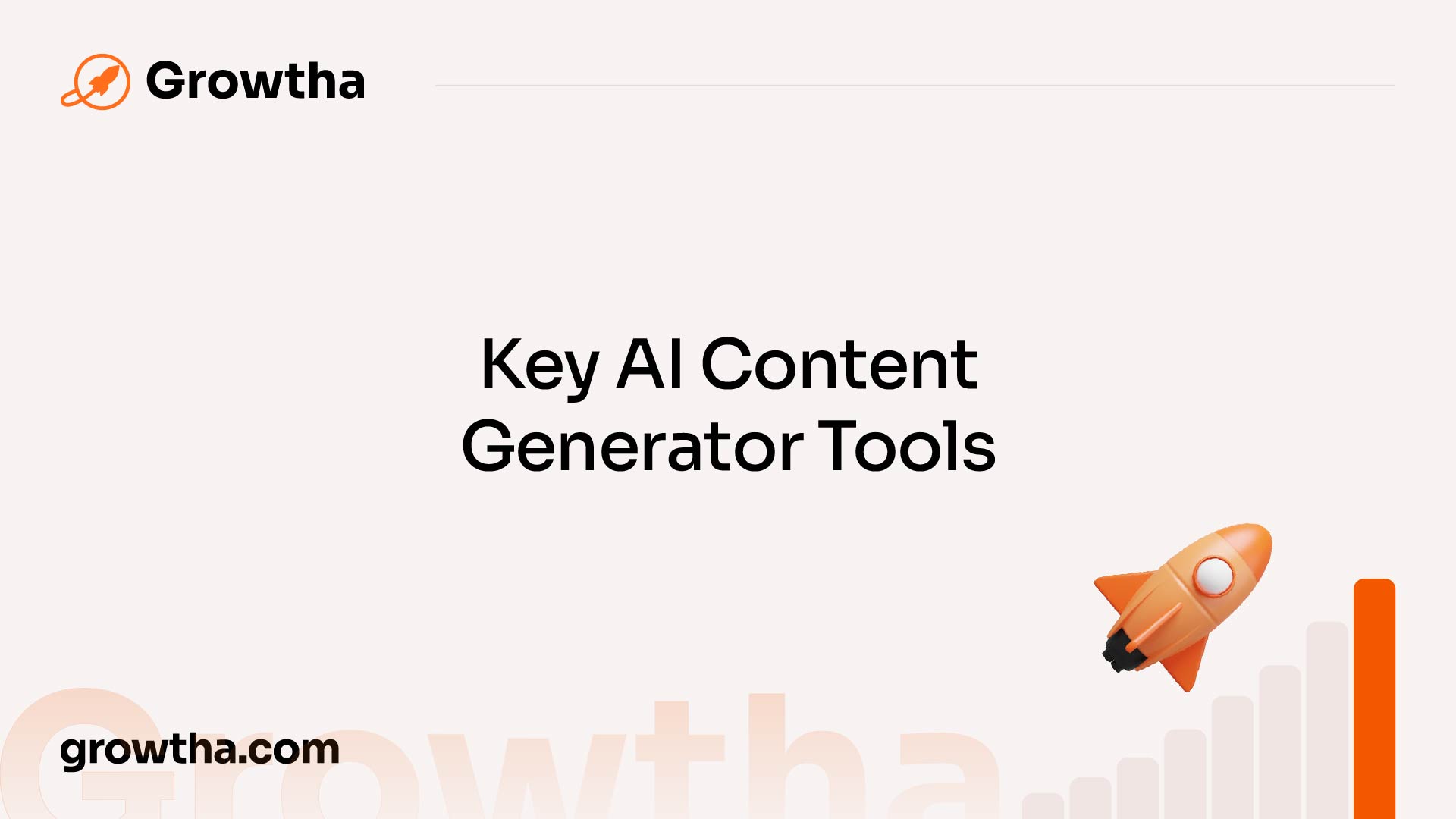
In the world of SEO, AI content generation tools have emerged as powerful resources for creating high-quality and optimized content. Let's explore some of the key AI content generator tools that are revolutionizing the way we create and optimize content.
The AI content generator offered by SEO.ai is a robust tool that empowers users to generate instant, high-quality SEO articles with just a single click. This tool eliminates writer's block and provides users with ready-to-use content that is both informative and optimized for search engines.
By mimicking human-written content, the AI content generator by SEO.ai enhances the chances of the generated content ranking higher in search engine results. It achieves this by integrating semantic keywords and relevant topics, making the content informative and optimized for search engines.
Surfer AI is another powerful AI content generator tool designed to write articles that meet search engine optimization best practices. Users have reported that content generated with Surfer AI matches or even exceeds the quality of content produced by human writers charging an average of 9 cents per word.
With Surfer AI, users can create content that is not only optimized for search engines but also provides valuable information to readers. This tool analyzes top-ranking pages and generates content that aligns with the relevant topics and keywords, improving the overall SEO performance of the content.
Copysmith, powered by GPT-3, is an AI content generator tool that assists digital marketers in creating various types of web-related content, including marketing copy, taglines, emails, blogs, and product descriptions. It offers users a range of 30+ templates to choose from, providing a solid foundation for their content creation process [4].
One notable feature of Copysmith is its ability to generate blog outlines. Users can input a topic, and the tool will provide them with an outline to work with. This feature saves time and provides a starting point for users to build upon, enabling them to generate more detailed outlines and paragraphs for their blog posts.
Writesonic is an AI content generator that offers a wide range of advantages for content creators. It can generate blog posts, social media content, ad copies, and even product descriptions. By leveraging the power of AI, Writesonic helps users generate content that is engaging, well-structured, and optimized for search engines.
With Writesonic, users have access to a vast library of writing styles and tones. This allows them to customize the generated content to match their brand voice and target audience. The tool also provides users with suggestions for headlines, introductions, and conclusions, helping them create compelling and persuasive content.
ChatGPT, developed by OpenAI, is a notable AI content generator tool that has set a high standard for AI chat and communication systems. Launched in November 2022, ChatGPT is capable of generating human-like text for various content types, including ad copies, blog posts, and even code.
What sets ChatGPT apart is its ability to engage in meaningful conversations and provide detailed responses. This tool enables users to create conversational content that is highly interactive and engaging, enhancing the overall user experience.
These key AI content generator tools are transforming the way we create and optimize content for SEO purposes. By leveraging the power of AI, content creators can streamline their workflow, improve the quality of their content, and boost their search engine rankings.
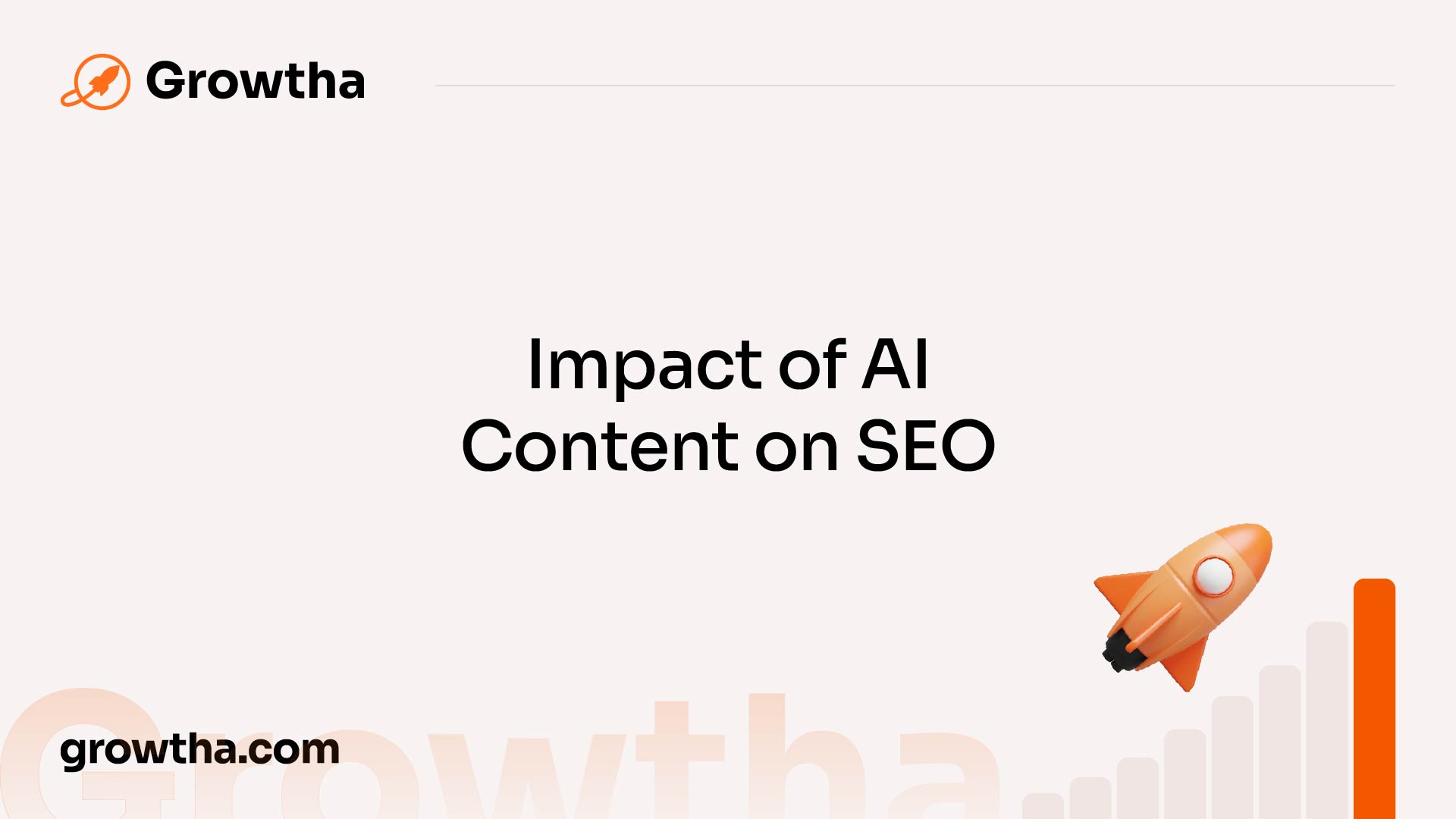
As AI content generation becomes more prevalent, its impact on search engine optimization (SEO) is a topic of interest. In this section, we will explore the relationship between AI-generated content and search engine rankings, Google's stance on AI content, and the potential risks associated with AI-generated content.
AI-generated content has the potential to influence SEO rankings, both positively and negatively. High-quality and original content that provides value to users is highly regarded by search engines, including Google. When AI-generated content meets these criteria, it can positively impact search engine rankings by providing relevant and engaging information to users.
Moreover, AI content generators can suggest keywords to improve SEO by analyzing vast amounts of online information and selecting relevant keywords. Incorporating these suggestions throughout an article can help improve its search engine visibility, provided the content maintains other essential elements such as authority and trustworthiness.
Google does not penalize AI-written content outright. Instead, it emphasizes the significance of high-quality, accurate, and user-focused content. Google's primary focus is on content that provides value and meets the needs of users. If the search algorithm detects that AI-generated content is designed solely to manipulate rankings, rather than providing helpful information to readers, it may be flagged as spam. Therefore, the quality and intent of the content remain key factors in Google's evaluation.
According to Google, AI-generated content is considered original text created based on available information. The search engine's stance on AI content generation is focused on the quality of the content itself, regardless of how it is produced. When used responsibly and ethically, AI content creation can be beneficial for SEO, as long as it is not used to manipulate search engines.
While AI-generated content has its advantages, there are risks associated with its use in SEO. One of the potential risks is the creation of duplicate or repetitive content. Search engines, including Google, prioritize unique and original content. If AI-generated content lacks the human touch and struggles with accuracy and uniqueness, it can negatively impact the reader experience and SEO success. Duplicate or low-quality AI-generated content can lead to lower search engine rankings and potentially even banishment from search results if it violates spam policies.
It's important to note that AI-generated content should be used in conjunction with human expertise to ensure accuracy, uniqueness, and overall quality. By leveraging the strengths of AI technology while maintaining human oversight, it is possible to mitigate the risks associated with AI-generated content and achieve optimal SEO results.
Understanding the impact of AI-generated content on SEO requires a balanced approach that combines the benefits of AI content generation with human expertise. By prioritizing high-quality, valuable, and user-focused content, businesses can enhance their search engine rankings while delivering a positive experience to their audience.
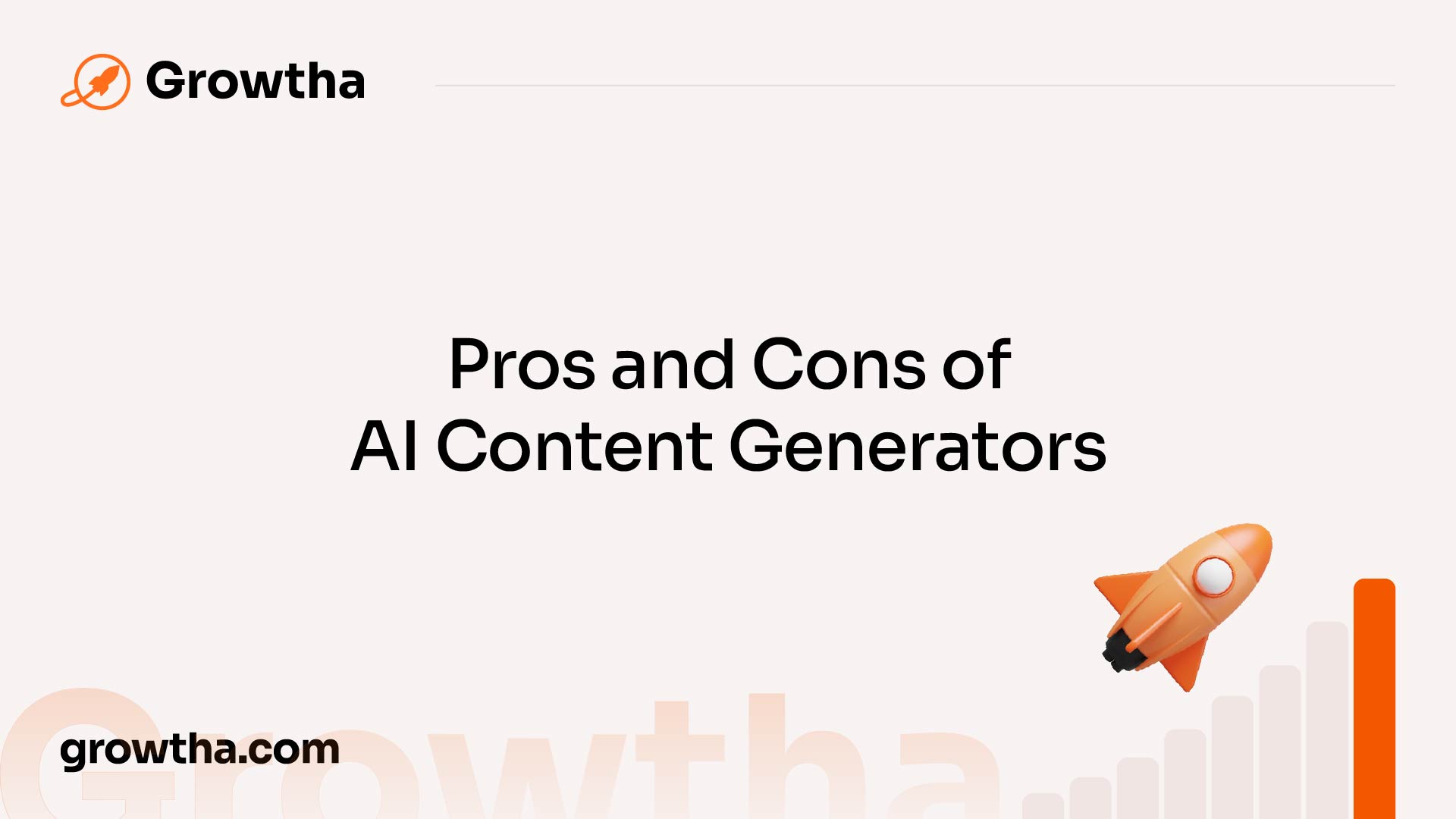
AI content generators have gained significant attention in the realm of content creation, offering both advantages and disadvantages. Let's explore the pros and cons of using AI content generators.
As AI technology continues to evolve, AI content generators have the potential to become even more sophisticated, addressing some of the limitations they currently face. However, it's important to consider these pros and cons when deciding whether to incorporate AI-generated content into your content marketing strategy.
As AI continues to advance, its role in search engine optimization (SEO) is also evolving. In this section, we will explore the growth of AI in SEO, AI adoption trends, and the importance of balancing AI-generated content with human-created content.
The growth of AI in SEO has been significant, with search engines like Google incorporating AI tools to enhance their search algorithms. Since the introduction of RankBrain in 2015, Google's search engine has been powered by AI, revolutionizing the way SEO works. AI technology, through features like natural language processing (NLP), helps search engines understand user queries and search intent, resulting in more relevant search results.
AI content generators have also emerged as a valuable tool for improving SEO. These tools have the capability to suggest keywords by analyzing thousands of online documents and selecting relevant terms. By incorporating these suggested keywords into content, marketers can improve their search engine rankings. However, it's important to note that AI-generated content should still follow other SEO guidelines, such as being authoritative and written by a person.
The adoption of AI in SEO has gained momentum, particularly among enterprise-level SEO professionals. According to research by seoClarity, 86% of enterprise SEO professionals have already integrated AI into their SEO marketing strategy. AI tools are being used to streamline optimization processes, automate repetitive tasks, and improve rankings on search engine results pages (SERPs) [8].
However, while AI tools offer efficiency and speed, there are concerns about content quality and authenticity. AI-generated content lacks human judgment, which can be a risk since SEO aims to deliver valuable content to human beings. According to the same research, 65% of enterprise SEOs using AI have expressed concerns about content quality and authenticity. Striking the right balance between AI-generated content and human-created content is crucial to maintain the integrity and value of the content.
As AI continues to play a larger role in SEO, it is important to find the right balance between AI-generated content and human-created content. While AI tools can automate tasks, provide insights, and assist with content creation, human creativity, judgment, and expertise are irreplaceable.
Human-created content brings a unique perspective, creativity, and depth of knowledge that AI cannot replicate. It adds authenticity, emotion, and a personal touch that resonates with the audience. Therefore, it is essential to combine the efficiency and insights provided by AI with the expertise and creativity of human content creators.
By leveraging the strengths of both AI and human-created content, businesses can produce high-quality, valuable content that meets the needs of both search engines and human readers. The future of AI in SEO lies in finding the right balance that maximizes the benefits of AI while ensuring content remains relevant, engaging, and authentic.
[1]: https://www.techtarget.com/whatis/feature/Pros-and-cons-of-AI-generated-content
[2]: https://aicontentfy.com/en/blog/pros-and-cons-of-using-ai-content-generators
[3]: https://seo.ai/blog/ai-content-generator
[4]: https://surferseo.com/blog/ai-content-generators/
[5]: https://contentwriters.com/blog/ai-content-for-seo-how-does-ai-content-impact-performance/
[6]: https://www.clearscope.io/blog/ai-content-generation
[7]: https://www.theblogsmith.com/blog/how-will-ai-affect-seo/